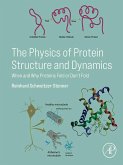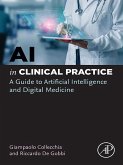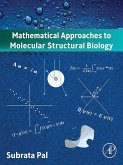Recent Trends in Fractional Calculus and Its Applications addresses the answer to this very basic question: "Why is Fractional Calculus important?" Until recent times, Fractional Calculus was considered as a rather esoteric mathematical theory without applications, but in the last few decades there has been an explosion of research activities on the application of Fractional Calculus to very diverse scientific fields ranging from the physics of diffusion and advection phenomena, to control systems to finance and economics. An important part of mathematical modelling of objects and processes is a description of their dynamics.The term Fractional Calculus is more than 300 years old. It is a generalization of the ordinary differentiation and integration to noninteger (arbitrary) order. The subject is as old as the calculus of differentiation and goes back to times when Leibniz, Gauss, and Newton invented this kind of calculation. Several mathematicians contributed to this subject over the years. People like Liouville, Riemann, and Weyl made major contributions to the theory of Fractional Calculus. In recent decades the field of Fractional Calculus has attracted the interest of researchers in several areas, including mathematics, physics, chemistry, engineering, finance, and social sciences. - Provides the most recent and up-to-date developments in the Fractional Calculus and its application areas - Presents pre-preparation ideas to help researchers/scientists/clinicians face the new challenges in the application of fractional differential equations - Helps researchers and scientists understand the importance of the Fractional Calculus to solve many problems in Biomedical Engineering and applied sciences
Dieser Download kann aus rechtlichen Gründen nur mit Rechnungsadresse in A, B, BG, CY, CZ, D, DK, EW, E, FIN, F, GR, HR, H, IRL, I, LT, L, LR, M, NL, PL, P, R, S, SLO, SK ausgeliefert werden.









